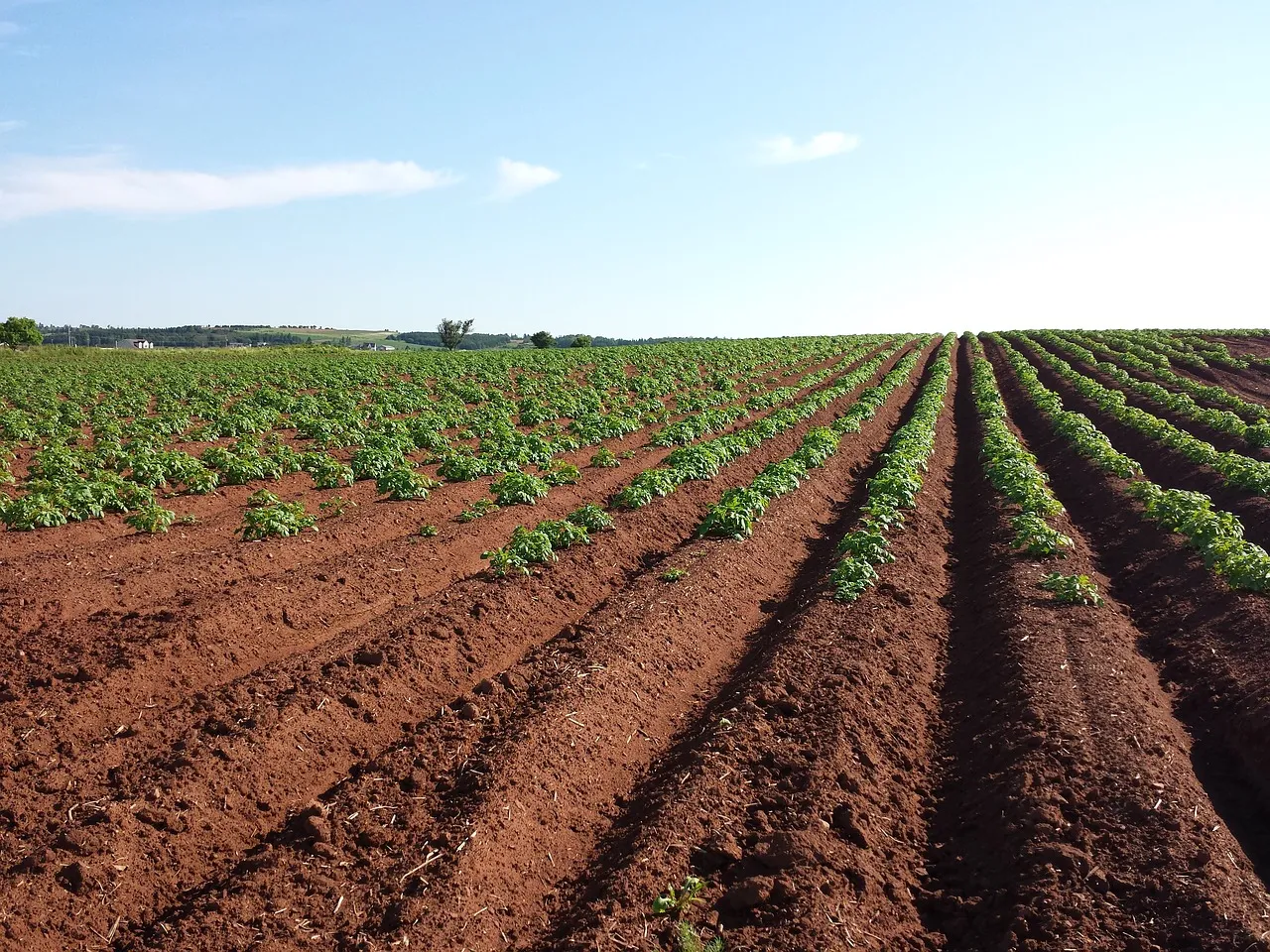Minimal-tillage or Zero-tillage farming refers to the farming of crops with little to no soil disturbance through tillage. Tilling methods include such activities as shovelling and ploughing or the use of cultivators to crush clods and smoothen the soil. Zero-tillage farming requires fewer machinery inputs and related energy use, and often less human labour per unit of output. Tillage is used to eliminate weeds, and zero-tillage farming is often associated with higher pesticide and herbicide levels. Zero-tillage farming is particularly associated with the production of genetically modified crops and the use of glyphosate-based broad-spectrum herbicides such as Roundup that kill many different types of weeds. It is also associated with some more 'nature-based' agricultural movements, such as regenerative agriculture and permaculture.

